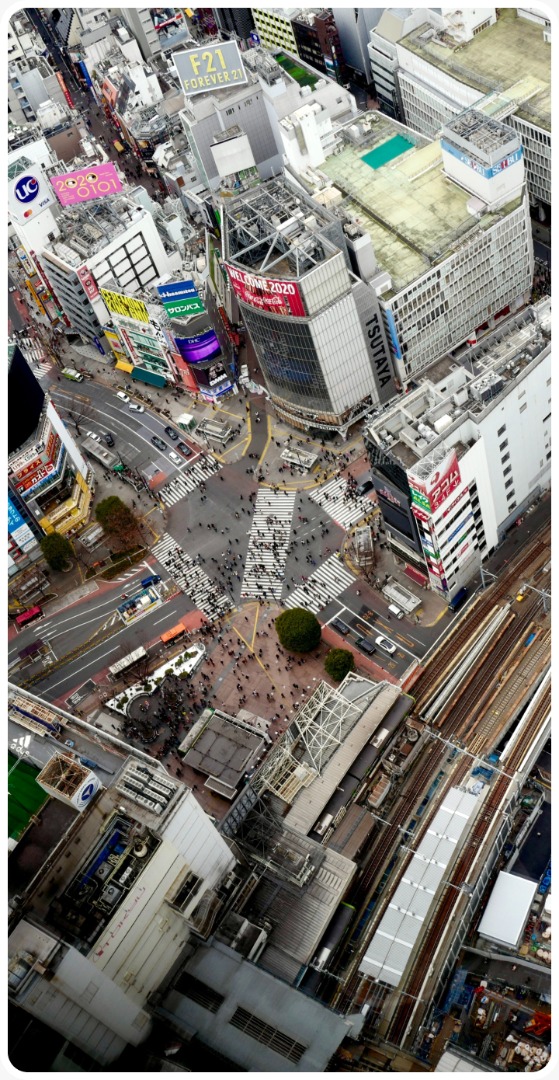Get to know more about who we are what
we do and how we do it.
The African Dignity Index (ADI) is an attempt to have a measurement tool for human dignity among Africans, as a contribution toward a measurement of progress for Agenda 2063. The ADI adopts the Agenda 2063 Aspirations as the cardinal framework for analysis as well as forms the basis for selection of the thematic dimensions of measurement, along which measurement indicators are derived. For purposes of the Index, Agenda 2063 Aspirations have been adopted with wording adjustments to each Aspiration (where necessary), without changing the meaning and purpose.
The African Dignity Index (ADI) is a project of the MS Training Center for Development Cooperation (MS-TCDC) in partnership with Africans Rising, and is spearheaded by MS TCDC’s Leadership and Governance Academy Research Team. The ADI intends to become an annual publication and its impact will be measured on the basis of a theory of change.
Social, political and economic analysis indicates that Africa has made significant leaps towards growth but at the same time is faced with multiple threats to stability. Africa is indeed on the right trajectory, if current positive trends, practices and milestones are sustained, and negative ones eliminated. Of importance to such progress is a united African front. A recent landmark achievement to this end is the African Union Agenda 2063 “Africa We Want”, which sets out a common roadmap to a prosperous and integrated Africa. It is important to connect these Aspirations to the lived realities of the African peoples, while assessing progress.

On one hand, a survey of existing literature suggests no leads to an agreed understanding and definition of dignity as applicable to dignified human living, especially in the African context. What instead exists are phrases that attempt to shed light on dignity, but largely limited to “as a concept of economic prosperity”.
On the other hand, whereas there are a set of existing indices measuring human progress, these measurements are also limited to a few, but not all aspects pertaining to human dignity. The ADI is an attempt toward an integrated measure of major aspects affecting human dignity.
The African Dignity Index (ADI) is envisioned as an annual publication assessing the levels and trends of human dignity of African humans anywhere on earth.
The ADI will be an annual publication and its impact will be measured on the basis of a theory of change. The theory of change offers the backbone for state of affairs each year, and helps to tell the occurring change across the years in the various spheres that the Index measures.
A. Absence of understanding and application of the concept of dignity among Africans as applicable to human life in all its spheres and leads to a lack of self awareness, confidence and unity of purpose;
D: Dignity Measurement tool among Africans remains a critical need, hence the need for a tool as a basis for dissemination of knowledge on the status of human dignity and inspire the necessary actions toward improving it for all Africans;
I: Information on African progress and human dignity, and sparking a debate, resulting in greater self awareness, hence continued demand among Africans of a dignified life as a basis to hold African leadership to account, as well as improve self-determination of Africans and redefine how they engage with the world.

The notion of dignity is embodied in the universality of human rights (HRs). This makes it intertwined with the other concepts such as peace and justice. Meaning a Dignity Index cannot exclusively study dignity without the sister concepts – peace and justice. Whereas the dignity concept has been widely criticised on grounds of being “ambiguous”, it encompasses all elements of humaneness which recognises, respects and protects the inherent human rights. The philosophy of Ubuntu connotes the collection of diverse sub-Saharan Africa conceptions of what (genuine) humanness or (real) personhood consists of - especially insofar as they bear on the value of dignity as the ground of human rights articulated in the Universal Declaration of Human Rights of 1948.The notion of dignity is embodied in the universality of human rights (HRs). This makes it intertwined with the other concepts such as peace and justice. Meaning a Dignity Index cannot exclusively study dignity without the sister concepts – peace and justice. Whereas the dignity concept has been widely criticised on grounds of being “ambiguous”, it encompasses all elements of humaneness which recognises, respects and protects the inherent human rights. The philosophy of Ubuntu connotes the collection of diverse sub-Saharan Africa conceptions of what (genuine) humanness or (real) personhood consists of - especially insofar as they bear on the value of dignity as the ground of human rights articulated in the Universal Declaration of Human Rights of 1948.
The African Dignity Index will rely on document analysis, key informant interviews and other structured interviews with key stakeholders among others as data sources. These statistical data (qualitative and quantitative) will be analysed using computer assisted data analysis tools for both qualitative and quantitative data including SPSS and NVivo, among others. Final results on each of the indicators will be presented in various forms of internet aided interactive visual data presentation formats such as infographics, graphs, tables and maps.
The African Dignity Index intends to base its indicators on three thematic areas, namely: human dignity - dignity of all African humans everywhere on earth, human development and peace and justice for all Africans. The common indicators will be agreed upon for each of the three concepts and will cumulatively comparatively assess the levels of dignity in each African country. The African Dignity Index intends to base its indicators on three thematic areas, namely: human dignity - dignity of all African humans everywhere on earth, human development and peace and justice for all Africans. The common indicators will be agreed upon for each of the three concepts and will cumulatively comparatively assess the levels of dignity in each African country.The African Dignity Index intends to base its indicators on three thematic areas, namely: human dignity - dignity of all African humans everywhere on earth, human development and peace and justice for all Africans. The common indicators will be agreed upon for each of the three concepts and will cumulatively comparatively assess the levels of dignity in each African country.

The Index adopts Agenda 2063 Aspirations as the cardinal framework for analysis. It is the basis for selection of the thematic dimensions of measurement, along which measurement indicators are derived. The said Aspirations have been adopted by the Index.have been adopted by the Index.
Agenda 2063 envisions a set of Seven Aspirations, each with its own set of goals which, if achieved, will move Africa closer to its vision for the year 2063. These Seven Aspirations reflect a commonly held desire for shared prosperity and well-being, unity and integration, a continent of free citizens and expanded horizons where the full potential of women and youth are realised, and with freedom from fear, disease and want.
The African Union (AU) has committed to eradicate poverty in one generation and realise shared prosperity through social and economic transformation of the continent. Subsequent paragraphs enumerate the adopted Aspirations with wording adjustments (where necessary), for the purposes of the Index.
The Governance of the African Dignity Index (ADI) ensures the organic development of the
publication, as well as its usefulness with the aim of serving the needs and knowledge of
the African people. As such, the Governance of the African Dignity Index (ADI) is structured
with the composition of The Advisory Council, Project Partners and The Task Team.
The Task Team is further supported by an extended skills based teams including the Peer
Review Team, Regional Contributors, Country Assessors and Country Reviewers.
The Advisory Council on the African Dignity Index serves as a platform of prominent figures
and renewed experts to guide the development of the Index and promote its high level
dissemination, as well as foster connections and interactions with identified
partners.
The members of the Advisory Council serve in their individual capacity (not as
representatives of their organisations), although where applicable, nomination to the
Council also takes under consideration official affiliations of members. Details of the
Terms of Reference of the ADI Advisory Council are available.
